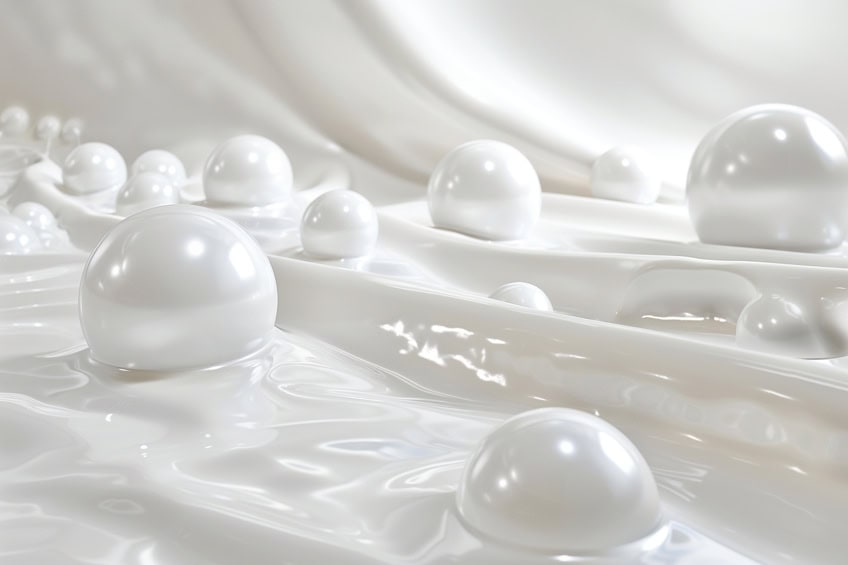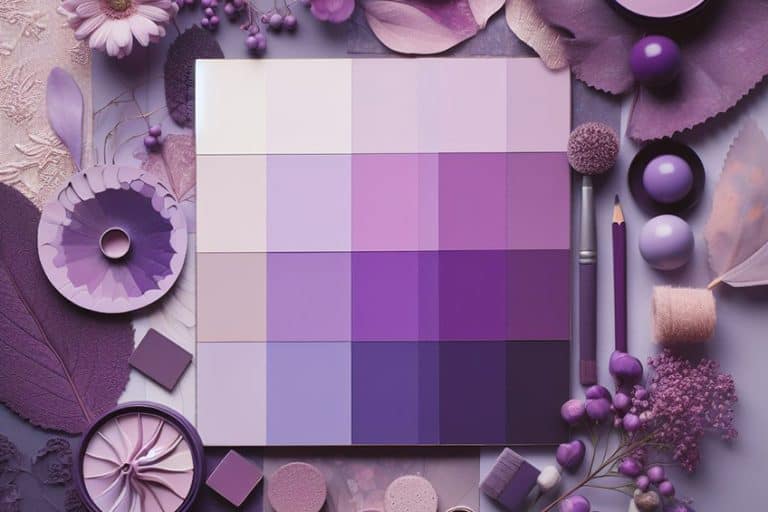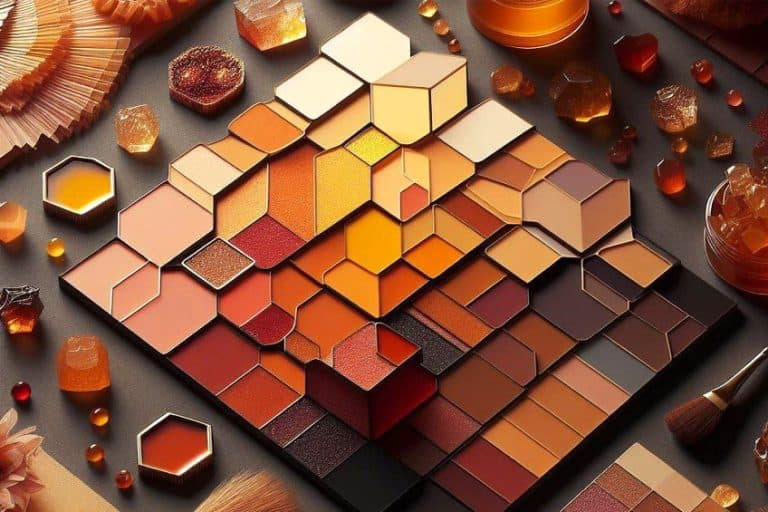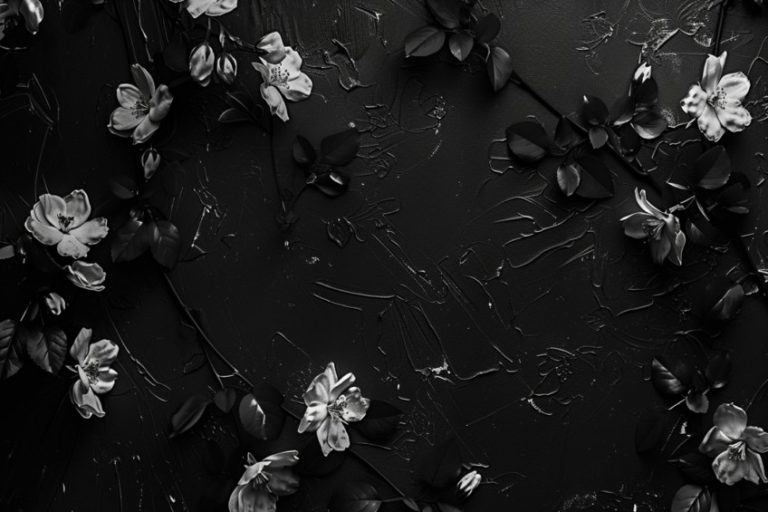Whitest White – A Journey into the Mystique of Pure Color
In the realm of color, white stands as a beacon of purity and possibility. Enter the fascinating world of the whitest white paint, where scientific innovation and artistic expression converge. Created through meticulous research and development, this paint embodies the zenith of brightness and light reflection. Join us as we explore the origins, composition, and transformative impact of this extraordinary hue on art, design, and our perception of space and form.
Key Takeaways
- The whitest white paint reflects up to 98.1% of sunlight.
- Scientists at Purdue University have crafted this highly reflective paint.
- Potential applications include energy conservation and urban cooling.
The Color White
| Shade | Hex Code | CMYK Color Code (%) | RGB Color Code | Color |
| White | #FFFFFF | 0, 0, 0, 0 | 255, 255, 255 |
White is a color that represents purity and simplicity. It is characterized by the complete reflection of visible light, resulting in the absence of hue. The color white has various nuances and shades, often distinguished by their Light Reflectance Value (LRV), which measures the percentage of light a color reflects. Different shades of white possess varying levels of warmth or coolness.

Warm whites have a slight yellow or red undertone, creating a cozy feel, while cool whites lean towards blue or green tones, providing a clean, crisp look. Innovations in paint technology have led to the development of ultra-white paint that not only reflects the visible spectrum but also projects infrared radiation, thus contributing to cooling. This technological advancement signifies the blend of aesthetical appeal and practical application that the color white can offer.
Development and Composition of the Whitest White
The pursuit of creating the perfect white paint has culminated in a remarkable scientific achievement with the development of the whitest white paint ever made. Touted for its impressive ability to reflect sunlight, this new formulation stands out in its category for both its reflectivity and potential utility in energy conservation.
Developed by researchers at Purdue University, this paint reflects up to 98.1% of sunlight, an exceptional figure when compared to commercial paints available on the market.
This innovation springs from a concerted effort to enhance the cooling properties of paint. By reflecting more sunlight, the paint can keep surfaces significantly cooler than their surroundings, which in turn could reduce the need for air conditioning and combat urban heat islands. The advancements in this formulation over its predecessors could mean a leap forward in environmentally conscious design and building practices.
Inception at Purdue University
Purdue University’s research team, led by mechanical engineer Xiulin Ruan, initially formulated an ultra-white paint that reflected 95.5 percent of sunlight. Their subsequent improvements enhanced its reflectivity, making it the top contender for the title of the whitest paint recorded.

Key Ingredients and Materials
The paint’s remarkable properties are due to the inclusion of barium sulfate, a compound known for its high reflectivity. Differing particle sizes of barium sulfate in the composition scatter more of the light spectrum, contributing to its ultra-white property.
Patent and Intellectual Property
As with any scientific advancement, securing a patent is crucial. Purdue University has likely initiated a patent application to protect the intellectual property rights of their groundbreaking paint formulation.

Comparison to Other Extremes
The ultra-white paint contrasts sharply with products like Vantablack, known as the blackest black, which absorbs up to 99.965% of light.
This dichotomy showcases the extreme ends of light reflectivity and absorption in coating technologies.
Innovations in Science and Engineering
Published in journals such as ACS Applied Materials & Interfaces and Cell Reports Physical Science, this innovation is a testament to the interdisciplinary collaboration between materials, scientists, chemists, and engineers.

Manufacturing Processes
Manufacturing ultra-white paint on a commercial scale must consider cost-effectiveness and sustainability. Although specifics may be proprietary, incorporating barium sulfate into paint requires careful control over particle distribution and mixture homogeneity.
Safety and Environmental Impact
This paint contributes to sustainable cooling by utilizing its reflective properties, known as radiative cooling, to decrease reliance on energy-intensive air conditioning, effectively combating carbon emissions and mitigating the impact of global warming.

Future Prospects
The market potential for the ultra-white paint is vast, as its application to buildings and rooftops could substantially reduce energy consumption.
Future research may bring new technologies that improve upon this already impressive formulation.
Application and Effectiveness
The world’s whitest paint presents numerous practical applications due to its high reflectivity and cooling capabilities. By reflecting up to 98.1% of sunlight, this paint offers a passive cooling strategy that has implications for energy reduction and climate adaptation.

Climate Adaptation Strategies
The adoption of the whitest paint is a strategic response to climate change. Buildings coated with this paint can reflect more sunlight, helping reduce the reliance on air conditioning systems.
This directly correlates with a decrease in energy consumption and, thus, lower carbon dioxide emissions.
Cooling Power and Reflectance
Reflective paints like the whitest white are designed for their exceptional cooling power. With a reflectance rate of over 98%, they are highly effective in maintaining lower ambient temperatures on coated surfaces by reflecting sunlight away before it can be absorbed and converted to heat.

Urban Heat Island Mitigation
Cities, known for the urban heat island effect, may find a solution in reflective paints. By applying the whitest paint on rooftops and buildings, urban centers like New York could mitigate this effect—resulting in a more temperate urban environment.
Cost Savings for Homeowners
For homeowners, the energy-efficient properties of the whitest paint translate into cost savings. A white roof can significantly reduce the need for air conditioning during the summer, leading to reduced electric bills.
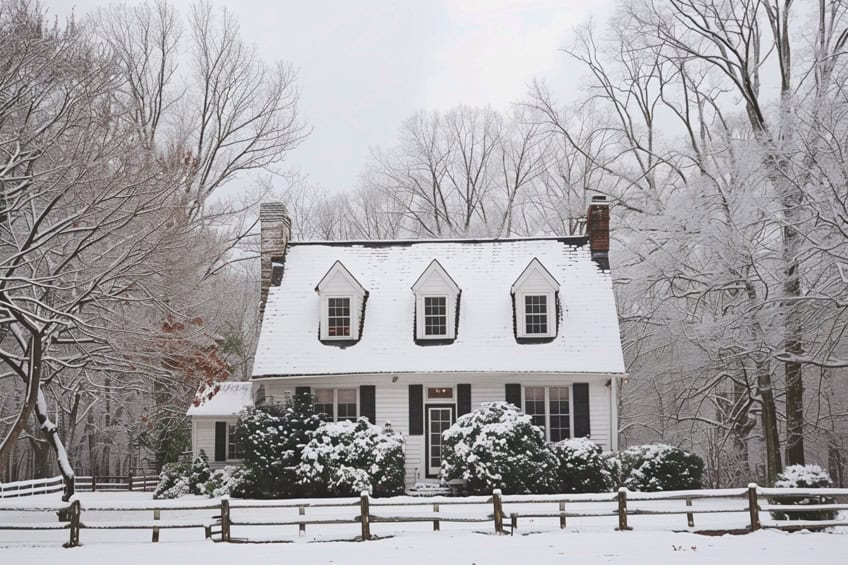
Real-World Impact and Case Studies
In practical scenarios, such as field tests in West Lafayette, Indiana, the whitest paint has demonstrated its effectiveness.
Through applications on both residential and commercial buildings, reductions in indoor temperatures have been consistent throughout the summer months.
Art and Culture Interplay
The whitest white also plays a fascinating role in art. Artists like Anish Kapoor, Stuart Semple, and Diemut Strebe have engaged in a dialogue about the ownership of colors, as reported by Artnet News. The existence of such a paint enriches this interplay, highlighting the correlation between technology and cultural expression.

The journey through the whitest white paint unveils not just a color but a testament to human ingenuity and artistic exploration. From its inception in the labs to its application on canvas and walls, this radiant hue transcends mere pigment, symbolizing purity, illumination, and endless creative possibilities. As we marvel at its brilliance, let us remember that color, in its purest form, not only adorns our surroundings but also shapes our perceptions, emotions, and experiences, making the whitest white paint not just a color choice but a statement of luminous inspiration.
Frequently Asked Questions
What Is the Name Given to the Brightest Shade of White Available?
The Whitest White is often referred to as Vantablack’s opposite due to its extreme reflectivity. Officially, it’s known as the whitest white paint and is yet to receive a commercial name.
How Does the Whitest White Compare to Traditional White Paints?
Compared to traditional white paints which reflect between 80-90% of sunlight, the whitest white paint reflects up to 98.1% of sunlight, making it significantly cooler and brighter.
When Is the Ultra-White Paint Developed at Purdue Expected to Be Released to the Public?
The ultra-white paint developed at Purdue University is expected to become commercially available once further testing concludes and it meets all regulatory approval criteria.
What Is the Color Code for the Most Radiant White?
The color code for the most radiant white paint is not universally standardized. However, in systems like RGB, it is represented by the maximum value: (255, 255, 255).
Isabella studied at the University of Cape Town in South Africa and graduated with a Bachelor of Arts majoring in English Literature & Language and Psychology. Throughout her undergraduate years, she took Art History as an additional subject and absolutely loved it. Building on from her art history knowledge that began in high school, art has always been a particular area of fascination for her. From learning about artworks previously unknown to her, or sharpening her existing understanding of specific works, the ability to continue learning within this interesting sphere excites her greatly.
Her focal points of interest in art history encompass profiling specific artists and art movements, as it is these areas where she is able to really dig deep into the rich narrative of the art world. Additionally, she particularly enjoys exploring the different artistic styles of the 20th century, as well as the important impact that female artists have had on the development of art history.
Learn more about Isabella Meyer and the Art in Context Team.
Cite this Article
Isabella, Meyer, “Whitest White – A Journey into the Mystique of Pure Color.” Art in Context. April 17, 2024. URL: https://artincontext.org/whitest-white/
Meyer, I. (2024, 17 April). Whitest White – A Journey into the Mystique of Pure Color. Art in Context. https://artincontext.org/whitest-white/
Meyer, Isabella. “Whitest White – A Journey into the Mystique of Pure Color.” Art in Context, April 17, 2024. https://artincontext.org/whitest-white/.


